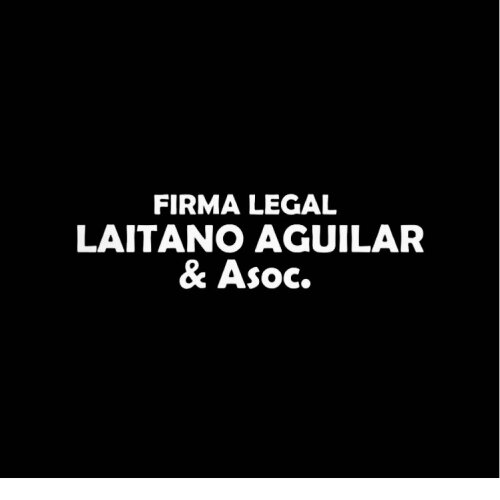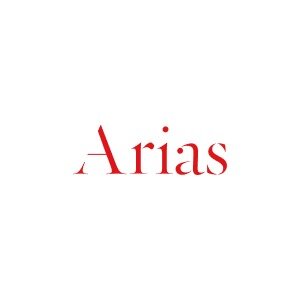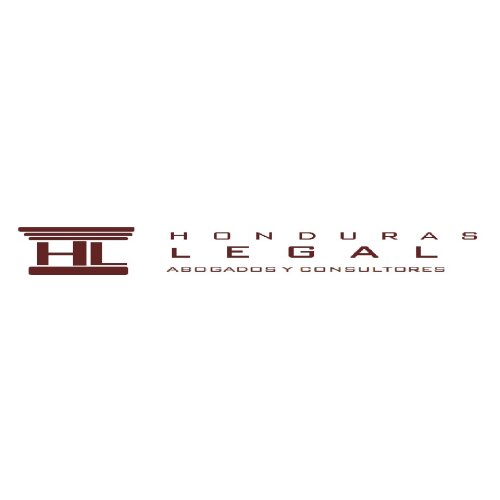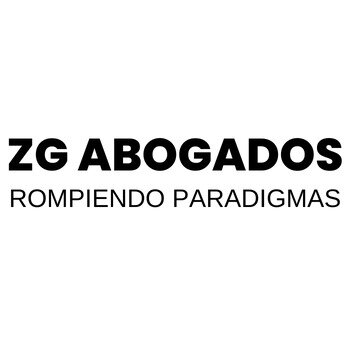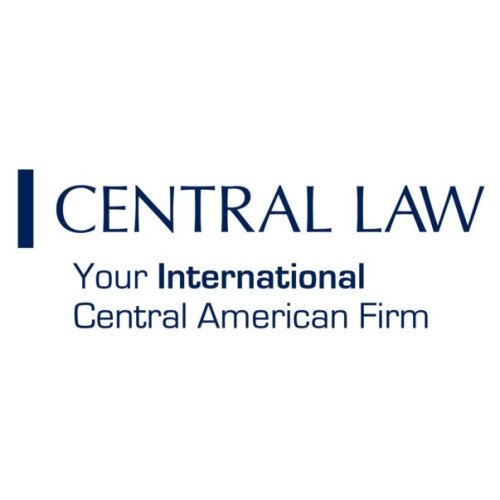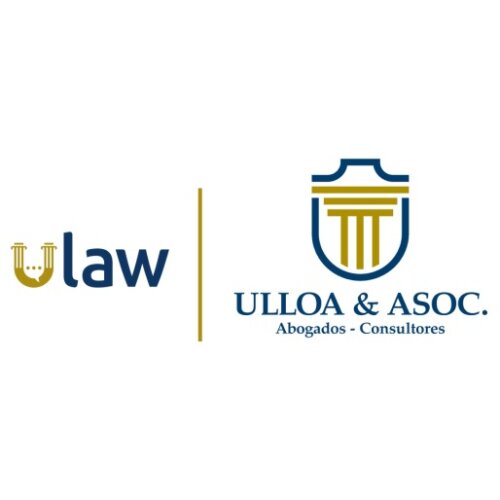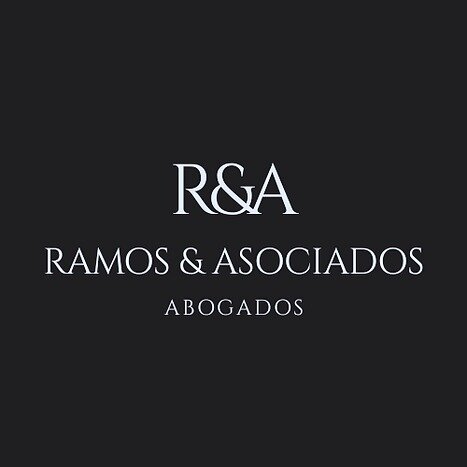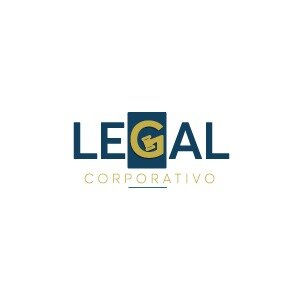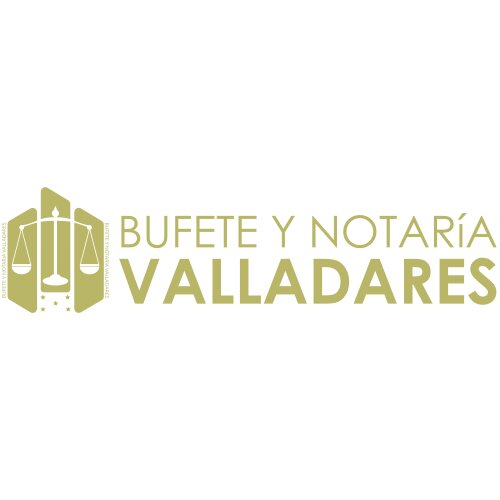Best Native People Lawyers in Honduras
Share your needs with us, get contacted by law firms.
Free. Takes 2 min.
Or refine your search by selecting a city:
List of the best lawyers in Honduras
About Native People Law in Honduras
Honduras is home to several Indigenous communities, each with its own unique culture, language, and traditions. The primary Indigenous groups include the Lenca, Miskito, Garífuna, Pech, Tawahka, Maya Ch'ortí, and Tolupan, among others. These communities have historically faced challenges related to land rights, cultural preservation, and political representation. The government of Honduras, in recent years, has made efforts to recognize and protect the rights of Indigenous peoples, although many issues remain pervasive. Native People law in Honduras deals with these matters, aiming to uphold the rights enshrined in national and international declarations.
Why You May Need a Lawyer
Legal assistance may be required in various scenarios involving Native People in Honduras. Common situations include disputes over land ownership and title, particularly as Indigenous communities strive to regain ancestral lands. Other cases can involve violations of rights, such as access to education and healthcare tailored to cultural contexts, or incidents of discrimination. Additionally, Native People may require legal support when interfacing with government agencies, seeking to ensure the proper implementation of laws designed to protect their rights. Finally, involvement in community-based projects often necessitates legal guidance to negotiate fair agreements that respect Indigenous autonomy.
Local Laws Overview
The legal framework in Honduras concerning Native People is guided by both national legislation and international treaties. The Honduran Constitution and the Law for the Protection of Indigenous and Afro-Honduran Peoples recognize specific rights. Additionally, Honduras is a signatory to the International Labor Organization's Convention 169, which establishes Indigenous communities' rights to protect their cultural values and land. However, practical implementations of these laws are inconsistent, with frequent reports of rights violations. Key areas of concern include protection of land and natural resources, cultural rights, and participation in decision-making processes that affect Indigenous territories.
Frequently Asked Questions
What are the main Indigenous groups in Honduras?
The main Indigenous groups include the Lenca, Miskito, Garífuna, Pech, Tawahka, Maya Ch'ortí, and Tolupan.
What is Indigenous land law in Honduras?
Indigenous land law in Honduras focuses on the recognition and restoration of ancestral lands to Native People, with legal mechanisms for formally acknowledging Indigenous land titles.
Are there cultural protections for Native People in Honduras?
Yes, there are cultural protections in Honduran law, but enforcement and practical respect for these protections are often lacking.
How does international law affect Native People in Honduras?
International treaties like ILO Convention 169 influence and guide domestic laws to safeguard Indigenous rights, particularly concerning land and cultural preservation.
Can Indigenous communities in Honduras govern themselves?
Yes, Indigenous communities have the right to self-governance recognized by national and international laws, though actual autonomy can be limited by local governance and enforcement practices.
What are the challenges faced by Native People in Honduras?
Challenges include land dispossession, cultural assimilation pressures, discrimination, and limited access to basic services like education and healthcare.
How can Native People protect their legal rights?
Legal rights can be protected by seeking representation from lawyers specializing in Indigenous laws and engaging with relevant nongovernmental and intergovernmental organizations.
Is there any legal aid available for Indigenous Peoples in Honduras?
Yes, there are NGOs and international bodies that provide legal aid, though access can vary regionally.
What role do NGOs play in supporting Native People?
NGOs play a crucial role in advocacy, legal support, and education, often working to bridge gaps between Indigenous communities and governmental authorities.
How can I help support Native People in Honduras?
Supporting Native People can be through advocacy, supporting Indigenous-led projects, spreading awareness, and respecting their cultural sovereignty and rights.
Additional Resources
To gain more insight or seek assistance, contact local governmental bodies like the Secretaria de Desarrollo e Inclusión Social. Organizations like the Comisionado Nacional de los Derechos Humanos (CONADEH) and various NGOs, such as Centro de Estudios y Acción para el Desarrollo de Honduras (CESPAD), offer support and advocacy for Indigenous rights in Honduras.
Next Steps
If you require legal assistance concerning Native People in Honduras, begin by consulting with a lawyer specializing in Indigenous rights. Research legal aid organizations that work with Indigenous communities and consider reaching out to local Indigenous advocacy groups. They often have lists of recommended legal professionals who are experienced in dealing with Indigenous law in Honduras. Always ensure your lawyer is familiar with both national and international legal standards relevant to Indigenous rights.
Lawzana helps you find the best lawyers and law firms in Honduras through a curated and pre-screened list of qualified legal professionals. Our platform offers rankings and detailed profiles of attorneys and law firms, allowing you to compare based on practice areas, including Native People, experience, and client feedback.
Each profile includes a description of the firm's areas of practice, client reviews, team members and partners, year of establishment, spoken languages, office locations, contact information, social media presence, and any published articles or resources. Most firms on our platform speak English and are experienced in both local and international legal matters.
Get a quote from top-rated law firms in Honduras — quickly, securely, and without unnecessary hassle.
Disclaimer:
The information provided on this page is for general informational purposes only and does not constitute legal advice. While we strive to ensure the accuracy and relevance of the content, legal information may change over time, and interpretations of the law can vary. You should always consult with a qualified legal professional for advice specific to your situation.
We disclaim all liability for actions taken or not taken based on the content of this page. If you believe any information is incorrect or outdated, please contact us, and we will review and update it where appropriate.
Browse native people law firms by city in Honduras
Refine your search by selecting a city.



